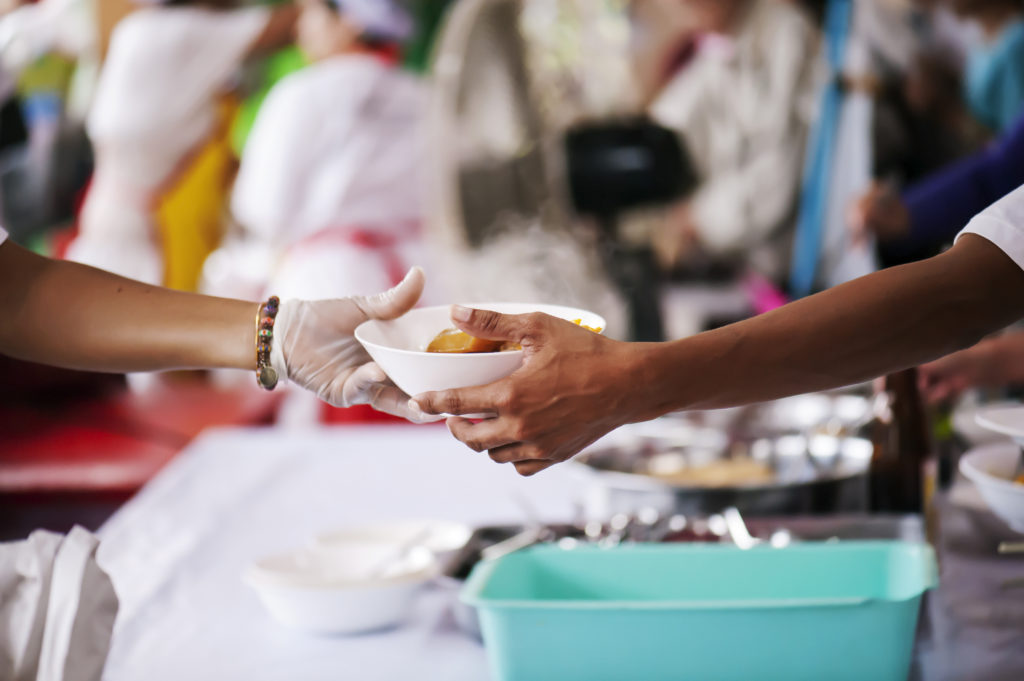
Natural disasters are increasing in frequency and severity. Vicious hurricanes and tornadoes have ravaged the United States over the past few years.
In 2017, Hurricane Harvey leveled Houston, Texas. The category 4 storm damaged over 200,000 homes and caused roughly $125 billion in damage.
Most Americans see the state and federal government as the face of disaster relief. The U.S. Federal Emergency Management Agency delivered 80 tractor-trailer loads of food and supplies.
However, the government is only one piece of disaster response. In Houston, images of grassroots rescue organizations went viral as volunteers helped out with dangerous rescue operations and other relief efforts.
Food trucks were even part of the effort, delivering hot meals and thirst-quenching drinks to the victims. Read on to learn all about food trucks delivering relief to those in need.
Food Truck Mobilization
Food truck mobilization for disaster relief is not a new concept. In fact, food trucks delivered food and beverages for both Hurricanes Irma and Harvey. Food trucks were even there to help at the Las Vegas shooting tragedy.
Many people wonder how to organize food truck mobilization. In recent disasters, the National Food Truck Association reached out to its members. Food trucks across the nation responded to the request for volunteers.
In Las Vegas, food truck owners coordinated with local police, hospitals, and the city convention center. They worked with officials to learn the best places to set up food relief centers. This coordination allows food trucks to locate the few areas with operating electricity and water.
These food trucks usually provide complimentary meals to both victims and emergency responders alike. In these cases, the food truck owners often take a financial loss to help others.
Food Truck Capability
One of the reasons that food trucks are so useful in disaster recovery is that they possess enhanced temperature-control at various levels, with compartments for heating, cooling, and freezing. In the past, 18-wheel semi-trucks usually delivered critical supplies. However, these trucks are not equipped to provide readily available meals and can only provide consumables.
Food trucks, on the other hand, are equipped to supply warm meals and cold beverages. This enhanced capability certainly improves the morale of victims and first responders, while providing the nourishment they need.
In addition to temperature-control, food trucks also provide a mobile kitchen. This way, workers can prepare food fresh and hot for disaster victims. Food trucks can be outfitted in so many combinations that their meal capability is practically limitless. Some food trucks are even custom-designed to include walk-in refrigerators and freezers. Other unique designs include a lounge where first responders can relax and even take a nap.
A nationwide fleet of food trucks is available at a moment’s notice. A growing number church programs and meals on wheels are now using food trucks as part of their outreach. These trucks are ready to assist when the next disaster hits.
A Recap of Food Trucks for Disaster Relief
Natural disasters can bring out the best in people. They tend to unleash a spirit of compassion and volunteerism.
The food truck industry stands ready to help. They can deliver hot food and cold drinks to first responders and victims.
Do you need to customize a food truck for disaster relief? Contact us today.
